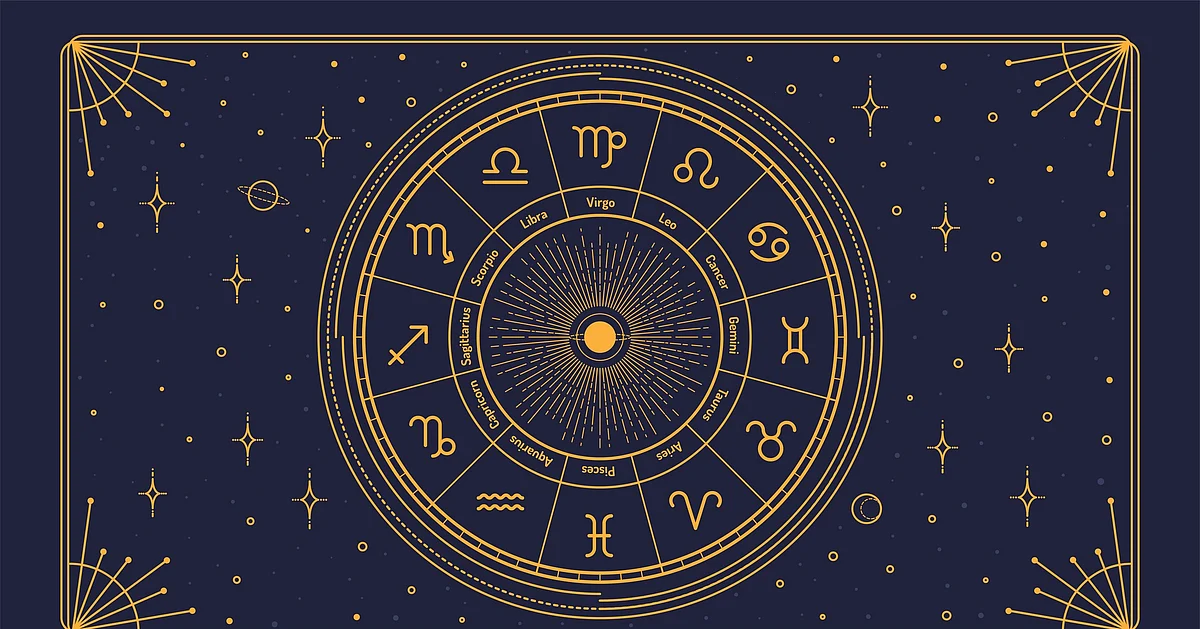
When Kristen Stewart first encountered Lidia Yuknavitch’s memoir, The Chronology of Water, she felt an immediate connection to the narrative. The book, which chronicles Yuknavitch’s turbulent journey from a troubled childhood to self-realization as a writer, resonated deeply with Stewart. “There are certain pieces that unlock you,” Stewart remarked, highlighting the profound impact the memoir had on her. Despite warnings against adapting the book into a film, Stewart’s directorial debut has garnered glowing reviews, proving her instincts right.
Stewart’s adaptation of The Chronology of Water premiered at the Cannes Film Festival, where it was met with critical acclaim. The film, described by Stewart as “a lifesaving piece of material,” captures the essence of Yuknavitch’s story while employing a non-linear narrative style. This stylistic choice reflects the fragmented and complex nature of the memoir, inviting audiences to actively engage with the story.
The Journey from Page to Screen
Stewart, known for her role in the Twilight saga, has since forged a path in independent cinema, working with acclaimed directors such as Olivier Assayas and Pablo Larrain. Her transition from mainstream to indie films has been marked by a desire to explore more personal and challenging projects. The Chronology of Water represents a culmination of this journey, with Stewart investing years into its development.
Despite the initial skepticism from her long-time collaborator, producer Charles Gillibert, Stewart remained steadfast in her vision. “If you say that to me again, we’re not going to be friends any more,” she reportedly told Gillibert when he advised against the project. Ultimately, his support proved instrumental in bringing the film to life.
Challenges and Triumphs in Filmmaking
The production of The Chronology of Water was not without its challenges. Stewart’s script, co-written with Andy Mingo, was largely discarded once filming began, leading to a more improvisational approach. “The movie was a total shipwreck,” Stewart admitted, likening the experience to navigating a “paper boat on the ocean.”
Imogen Poots, who stars as Lidia, faced her own set of challenges, including sustaining two hernias during filming. Her commitment to the role was unwavering, with Stewart praising her for “laying it all on the line.” The film’s dynamic and emotionally charged performances are a testament to the dedication of its cast and crew.
Critical Acclaim and Future Prospects
The positive reception at Cannes has positioned The Chronology of Water as a standout debut for Stewart. Critics have lauded the film’s innovative storytelling and its ability to capture the raw, visceral essence of Yuknavitch’s memoir. Stewart’s directorial choices, including her collaboration with cinematographer Corey Waters, have been praised for their boldness and creativity.
“Time is so non-linear,” Stewart noted, reflecting on the film’s structure. This approach has been key in translating the memoir’s emotional depth to the screen.
Looking ahead, Stewart’s successful transition to directing opens new avenues for her career. Her ability to tackle complex narratives with sensitivity and insight suggests a promising future in filmmaking. As The Chronology of Water continues to receive accolades, it stands as a testament to Stewart’s vision and determination.
In conclusion, Kristen Stewart’s journey from actress to director has been marked by a willingness to take risks and challenge conventions. Her adaptation of The Chronology of Water not only defies initial doubts but also establishes her as a formidable force in the world of cinema. As the film makes its way to wider audiences, it will undoubtedly inspire others to pursue their creative visions, regardless of the obstacles they may face.







